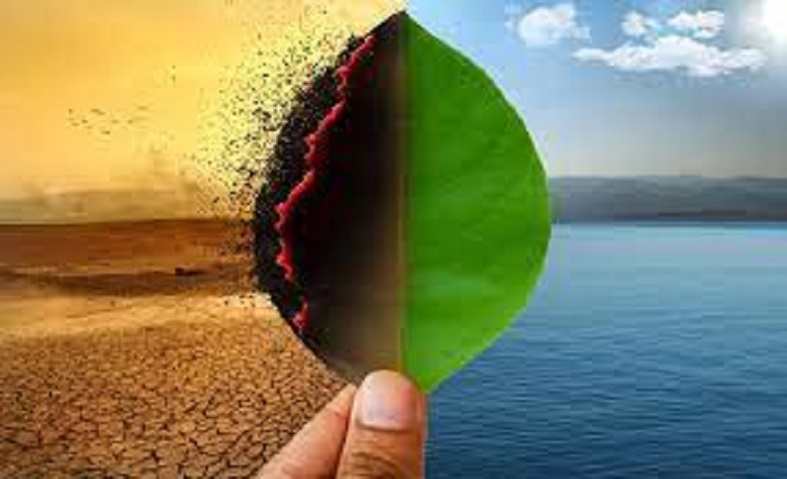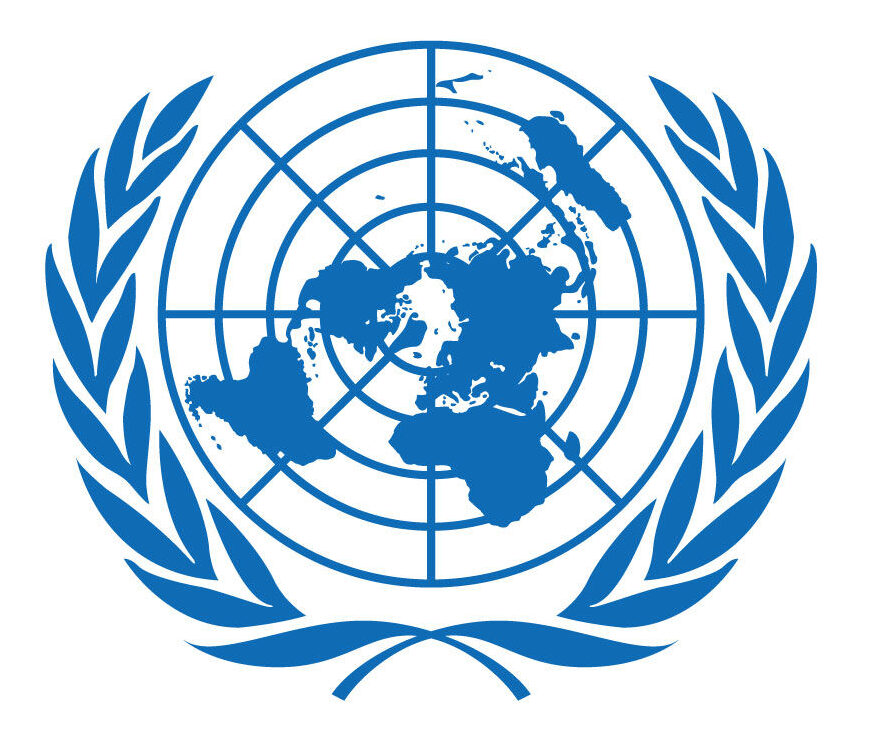
The incoming Chairperson of the Southern African Development Community (SADC), President Lazarus Chakwera of Malawi, emphasised this in remarks to the SADC Summit of Heads of State and Government hosted in Lilongwe on August 17-18 2021.
President Chakwera said that COVID-19 has exacerbated the impacts of climate change which accounts for many disasters in the region and threatens to reverse developmental gains achieved so far.
The new SADC Chair said that the unusual climate change impacts which have occurred in the region and claimed thousands of lives and displaced communities, have hampered regional efforts to eradicate poverty, food insecurity and infrastructural underdevelopment.
“I, therefore, urge member states to employ a common strategy to address the impacts and speak with one voice especially now as we approach the 26th session of the Conference of the Parties (COP26) of the UN Framework Convention on Climate Change,” he said.
The COP26 Summit scheduled for November this year in Glasgow, Scotland will bring parties together to accelerate action toward the goals of the Paris Agreement and the UN Framework Convention on Climate Change.
The Summit comes at a time when the Synthesis Report on the State of Food and Nutrition Security and Vulnerability in Southern Africa 2021 released in August, indicates widespread food and nutrition insecurity in the region.
The report indicates that this year, in the 10 SADC Member States that submitted data, an estimated 47.6 million people are food insecure, which is a 5.5 percent increase from last year.
Although favourable rainfall led to improved cereal and livestock production over most of the region, the above-average rainfall season was coupled with a destructive cyclonic activity, with five weather systems making landfall.
In January 2021, large areas of cropland were flooded by Tropical Cyclone Eloise in Mozambique, which also affected parts of Eswatini, Madagascar, South Africa and Zimbabwe. The central and southern provinces of the country were also affected by Tropical Cyclone Guambe in the beginning of February. In late December 2020, Tropical Storm Chalane had caused some flooding in Mozambique.
These storms are estimated to have affected more than 500,000 people and damaged 220,000 hectares of farmland while some member states also experienced localized prolonged dry spells, including Angola, Democratic Republic of Congo, Namibia, Madagascar, and Mozambique.
The report further indicates that even with sufficient production, lower or lost incomes due to COVID-19 have led to a reduction in household purchasing power. The lockdowns have also caused a catastrophic seven percent reduction in regional gross domestic product.
The region had previously suffered similar disasters which negatively impacted on regional food security while many lives were lost.
Between January and April 2019, Southern Africa faced several weather-related phenomena such as Tropical Cyclones Desmond, Idai and Kenneth, which caused extensive flooding in the Union of Comoros, Madagascar, Malawi, Mozambique, United Republic of Tanzania, and Zimbabwe.
Cyclone Idai, recorded as one of the worst tropical storms to ever affect Africa and the southern hemisphere, claimed hundreds of lives and left a trail of destruction, including severe damage to key infrastructure such as roads, bridges, schools and clinics.
Over 800,000 hectares of cropland as well as crops and seed stocks were destroyed by the cyclone, while some 3.3 million people were left in need of immediate humanitarian assistance such as food, shelter, clothing, potable water, sanitation and medical support.
In view of these growing challenges, Southern Africa is putting in place in various measures to reduce the impacts of these disasters.
In June this year, the SADC Humanitarian and Emergency Operations Centre was launched, hosted by Mozambique, to strengthen regional preparedness and response to disasters.
The event was co-chaired by the outgoing Chairperson of SADC and President Filipe Jacinto Nyusi of Mozambique and the President Mokgweetsi Masisi of Botswana, the outgoing Chairperson of the SADC Organ on Politics, Defence and Security Cooperation.
In addition, SADC launched a new Online Vulnerability Atlas to effectively respond to the impacts of disasters.
The Online Atlas developed by the SADC Regional Vulnerability Assessment and Analysis (RVAA) Programme is designed to store and share data on food, nutrition and livelihoods security from the 16 SADC member states.
As part of its response mechanisms, the SADC region has already established a Climate Data Processing Centre to provide timely early warning information such as prediction of flood and drought potential, and onset of the rainy season, as well as climate advisories and information.
Furthermore, SADC is planning to develop and operationalize a regional database to record losses from disasters through the operationalisation of a Regional Disaster Risk Information System.
Plans to establish a regional risk insurance scheme, which aims to improve rapid responses to natural disasters in the region are underway. – sardc.net











